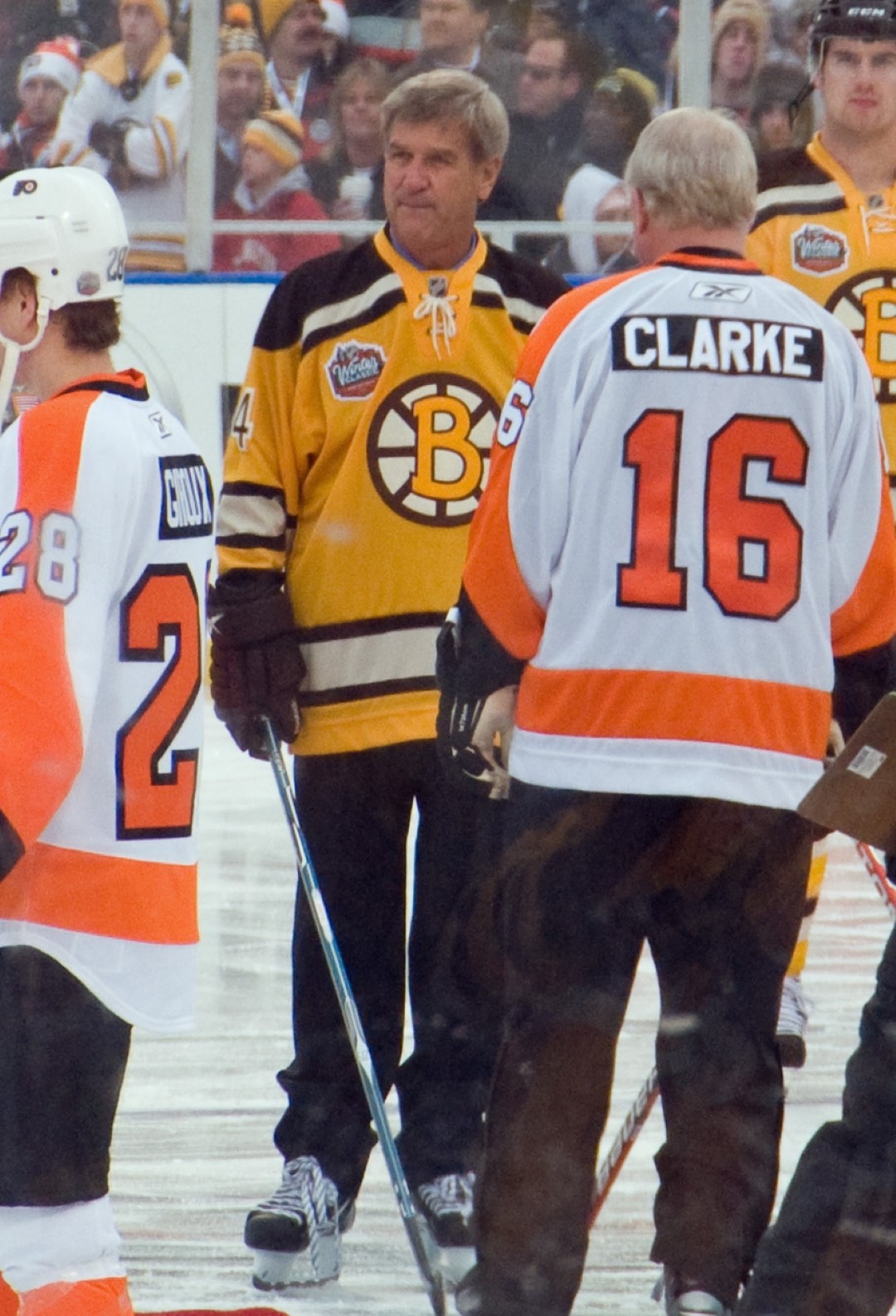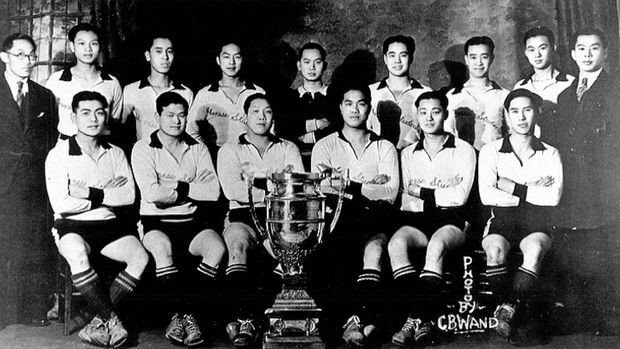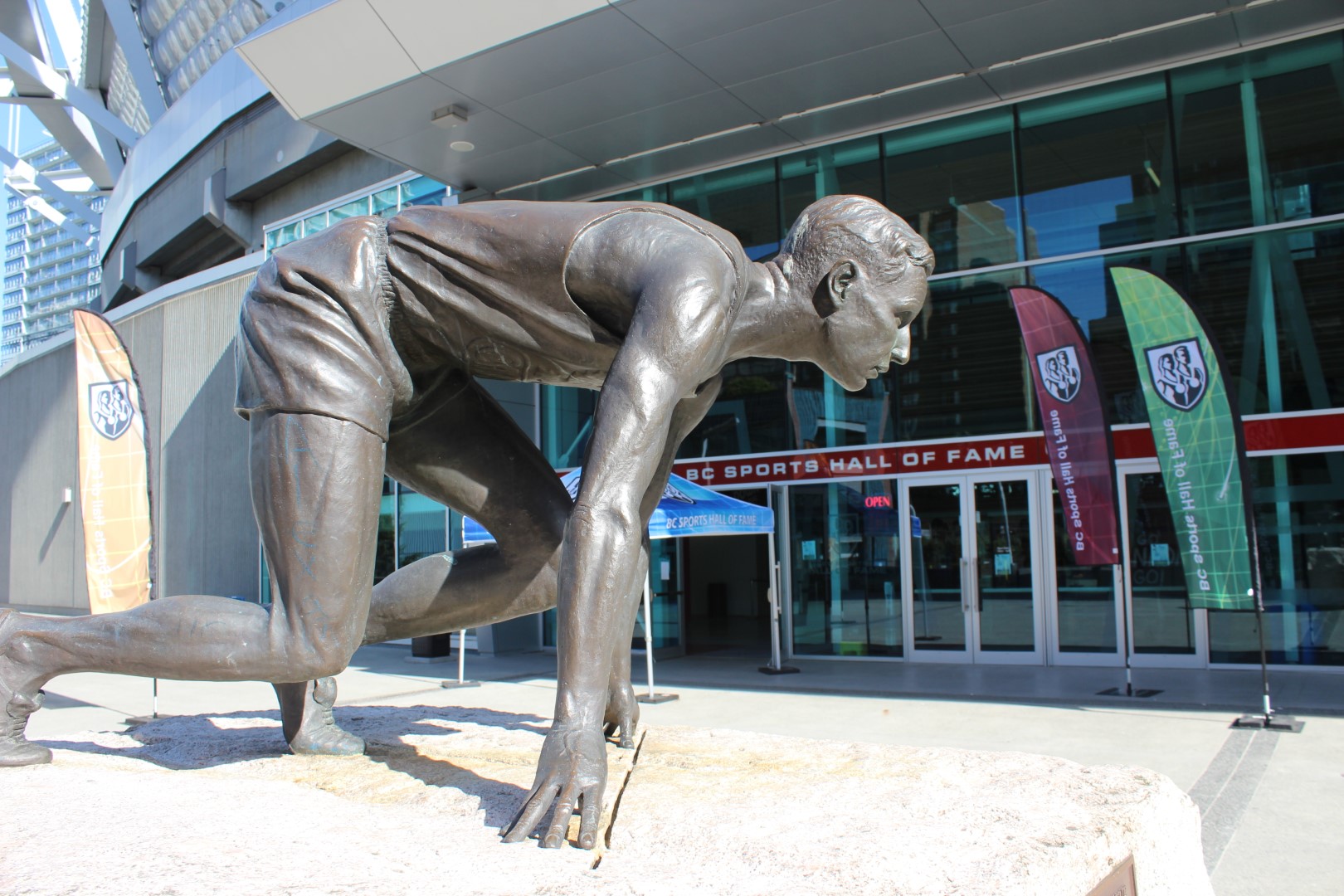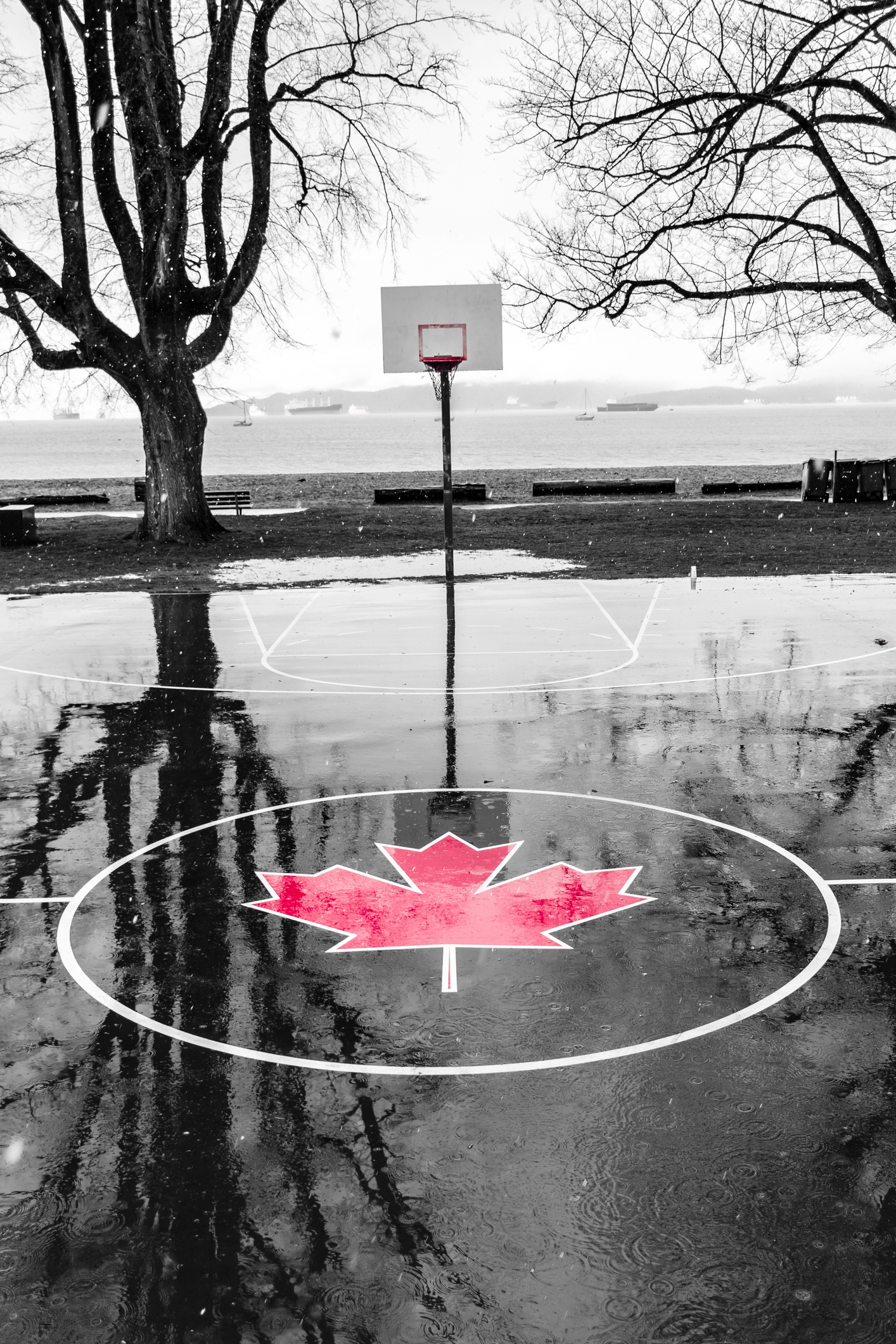
50 years ago, Orr and the ‘Big Bad’ Bruins thrilled Vancouver hockey fans
By Brandon Yip, Senior Columnist
“When Paiement scored the PNE went crazy, as did our home, and I am sure most homes around BC.” – Dan Russell, former Sportstalk host.
This month marks 50 years from when Bobby Orr and the “Big Bad” Boston Bruins faced the Vancouver Canucks at the Pacific Coliseum. The date was February 16, 1971, W.A.C. Bennett was the Premier of BC, and Tom Campbell was the Mayor of Vancouver. The Montreal Alouettes were the defending Grey Cup champions. “Rose Garden” by Lynn Anderson was the number one song on the Canadian charts.
It was also the Canucks’ first season in the NHL (Buffalo Sabres had also entered the league). Tom Scallen was the first owner; Hal Laycoe was the first head coach, and Bud Poile the first general manager. Also, Orland Kurtenbach was the Canucks’ first captain.
Many consider Bobby Orr, the native of Parry Sound, Ontario to be the greatest hockey player to ever play the game. The argument as to who is the greatest hockey player is subjective and will always be debated amongst hockey fans and sports writers. But Orr should be considered as the greatest hockey player of all time since he revolutionized the game for a defenceman. Orr is the only NHL defenceman to win the scoring title twice (1970 and 1975). In addition, Orr was an all-round player. He could play great defence, deliver bodychecks, and fight when needed. And could he ever skate! Orr’s movements on the ice were graceful like Rudolf Nureyev. Orr was a magician when he carried the puck; his quick instincts to create scoring chances were breathtaking to watch. At times, opposing defencemen had difficulty trying to defend Orr—leaving them no other choice than to be a spectator. Orr’s acceleration with the puck made him an offensive threat every time he entered the opponent’s zone—leading to a scoring chance for him and teammates.
When the Bruins arrived in Vancouver, they had won the Stanley Cup nine months earlier—defeating the St. Louis Blues in a four-game sweep on May 10, 1970. Orr’s cup winning goal in overtime in game four has been immortalized in the famous photo capturing him leaping in the air after scoring on Blues goalie, Glenn Hall. Fifty years after that famous goal, Orr told The Guardian with a chuckle: “Every time I see Glenn, he says ‘is that the only goal you scored?’”
On the night of February 16, 1971, Orr and the Bruins played the Canucks for the fourth time that season at the Pacific Coliseum with 15,570 people in the stands (Bruins won all three games prior). The Canucks were leading by a score of 4 to 3 in the third period. Then Orr scored a power play goal at 16:10 to tie the game and silence the crowd. It was time to bite those nails! Then in the final minute, the Canucks’ Rosaire Paiement scored the game winner with 47 seconds left. The crowd at the Pacific Coliseum erupted in thunderous cheers, as the Canucks held on for a 5 to 4 victory—upsetting the Bruins. Paiement had an outstanding game with a five-point night (three goals and two assists). Other Canuck players making an impact were André Boudrias who had a goal and two assists and Wayne Maki contributing with a goal and three assists. Orr had a three-point night (one goal and two assists). As well, Bruins goalie, Gerry Cheevers, stopped 38 out of 43 shots, while Canucks goalie, Charlie Hodge, stopped 29 out of 33 shots.
For Dan Russell, former host of the highly popular and pioneering sports radio show, Sportstalk, from 1984 till 2014—has fond memories of that memorable game. Russell was 10 years old and listening to the game on CKNW radio with the legendary Jim Robson doing the play-by-play. “I was listening to every game on the radio,” Russell said in an email interview with the Other Press. “Given I was only 10 years old my bedtime was well before that, but I was one of those kids who hid my radio under my pillow listening to every word. I learned much later that my parents were well aware. But that night they were also listening, and we all yelled ‘yessss’ when [Rosaire] somehow scored the game winner in the final minute. Jim Robson’s description, as always, was incredible and on this night electric. Bobby Orr put on a great show that night, but was being booed during the game, as I recall it being quite physical. I believe the Bruins tied the game with a few minutes left, deflating the crowd. But when Paiement scored the PNE went crazy, as did our home, and I am sure most homes around BC.”
Orr retired in November 1978 after numerous knee injuries and surgeries, which compromised his ability to play at the highest level. He won two Stanley Cups with the Bruins in 1970, and 1972. He is a nine-time All Star, Conn Smythe Trophy winner (two times), Hart Trophy winner (three times), Calder Trophy winner (1967), Ted Lindsay Award winner (1975), Art Ross Trophy winner (two times), and Norris Trophy winner (eight consecutive times). Orr finished his 12-year NHL career with 657 games played with 915 points (270 goals and 645 assists). He was inducted into the Hockey Hall of Fame in 1979.
Dan Russell believes the Canucks victory over the defending cup champion Bruins was a significant win for the franchise in its early infancy: “But this was a huge deal and was a franchise highlight for several years. I would argue that it was the greatest moment until making the playoffs for the first time in their fifth season, and specifically the one win they managed to get in that first playoff series [versus] Montreal.” Notably, the audio clip of Rosaire Paiement scoring the winning goal had been played numerous times on Russell’s Sportstalk program. Russell states the audio was preserved, not intentionally, but fortuitously: “By complete fluke we were able to play the audio of that memorable moment a few times on the show. I can assure you it was NOT because CKNW kept it, because their attention to archiving was terrible. Instead, it was Bill Woodgate, the father of my producer Scott Woodgate who happened that night to be recording the game […] and all those years later had saved the cassette.”



